


The fight against corruption must begin with individual commitment and personal integrity, Mr. Michael Boadi, Fundraising Manager at Transparency International Ghana, has stressed.
Speaking at a training workshop for journalists and civil society organisations (CSOs) on Anti-Corruption and the Gender Dimensions of Corruption, Mr. Boadi emphasised that sustainable progress in combating corruption would only be achieved when citizens themselves resolved to act ethically and hold others accountable.
The workshop, organised by Transparency International Ghana with funding support from the European Union (EU) and GIZ, brought together participants from various media and CSOs to build their capacity in addressing corruption, particularly its effects on women and vulnerable groups.
Mr. Boadi observed that while corruption had often been framed as a problem for those in authority to solve, it was a behavioural and societal issue that required a collective response.
“If we want to root out corruption, when you look in the mirror, what you see should be the one who starts fighting corruption.
Decide that you will never offer bribes, never take bribes, never pay facilitation fees, and that you will wait your turn when accessing services.
The ‘whom you know’ mentality must stop with us,” he advised.
He added that individual responsibility was the foundation of a national anti-corruption culture, noting that only when citizens stopped engaging in or tolerating corrupt acts, that they could legitimately hold leaders and institutions accountable.
Mr. Boadi also lamented that many victims of corruption, especially women who faced extortion and exploitation in accessing public services, often suffered in silence due to fear of stigmatisation and victimisation.
“As a people, we stigmatise those who report corruption.
A woman who is a victim of extortion fears she will be judged, so she suffers quietly,” he noted.
He further stated that, “Our nation is bleeding because people are afraid to report.
If we begin to speak out, we will embolden victims to come forward and report.
When they report and get justice, it will deter others from engaging in corrupt practices.”
He called for corruption-related offences, especially those that exploited women and children, to be treated as high crimes to serve as a deterrent to perpetrators.
According to Mr. Boadi, one of the key gaps in Ghana’s anti-corruption efforts was the absence of a strong citizen movement that supported institutional reforms and enforcement.
“The most important thing we haven’t done differently is to rally the masses behind the fight.
We have always looked at those in government as the ones responsible for eliminating corruption, but it’s time we all support them by volunteering information, providing evidence, and most importantly, changing our own behaviour,” Mr. Boadi pointed out.
The training forms part of Transparency International Ghana’s strategy to strengthen collaboration with the media and civil society in promoting accountability and good governance.
Mr. Boadi commended journalists for their critical role in uncovering corruption but urged them to remain steadfast and courageous despite institutional and professional pressures.
“You and I who hold the power of the pen and the camera must not stay silent because of fear or favour,” he urged.
He reiterated that ending corruption was not merely a governmental or institutional task but a moral obligation that begins with every citizen’s daily choices.
The Anti-Corruption and Gender Dimensions of Corruption project seeks to foster inclusive participation in governance and empower citizens especially women to speak up against corrupt practices that undermine equality, justice, and national development.
Source: GNA
The post Transparency International Ghana urges personal commitment in anti-corruption fight appeared first on Ghana Business News.
Read Full Story

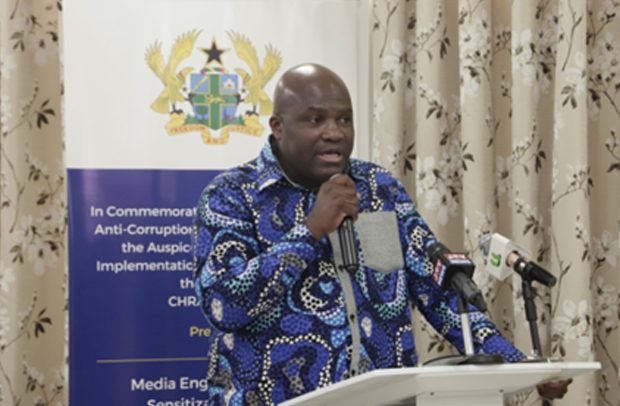


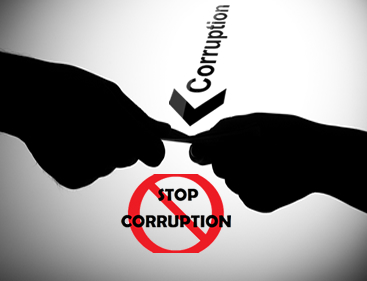
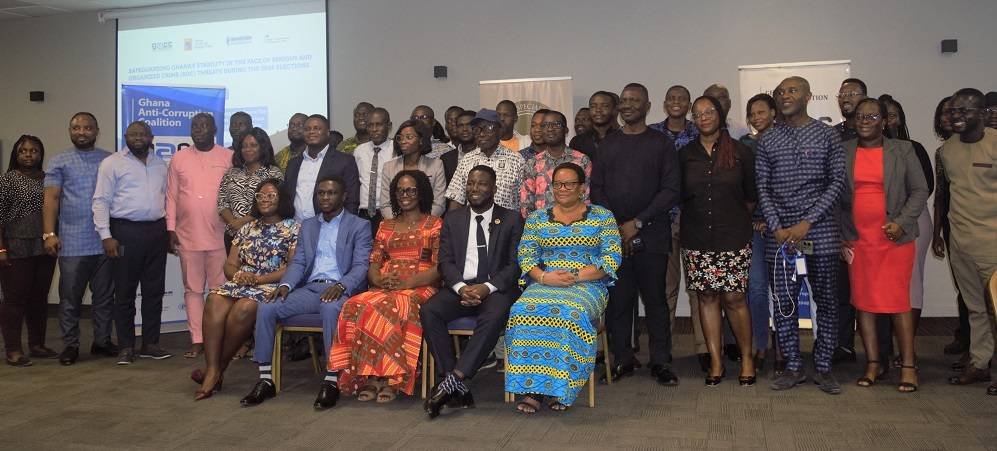









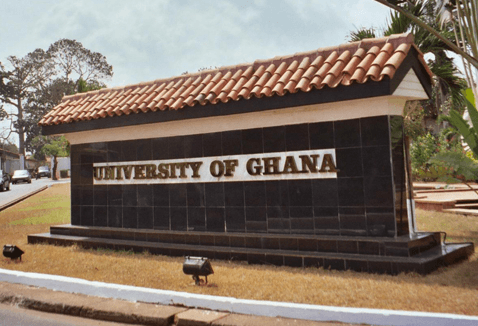
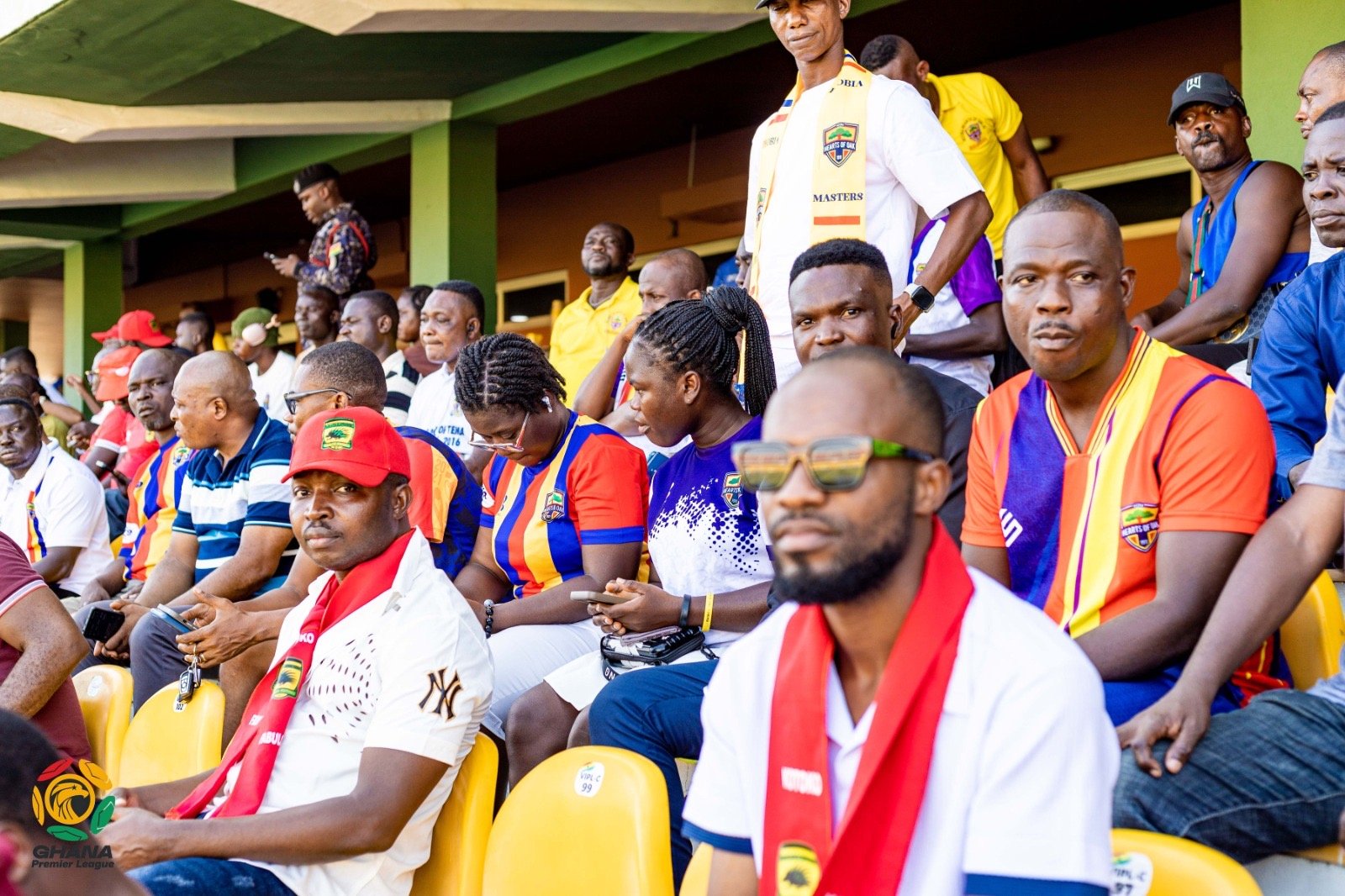





Facebook
Twitter
Pinterest
Instagram
Google+
YouTube
LinkedIn
RSS